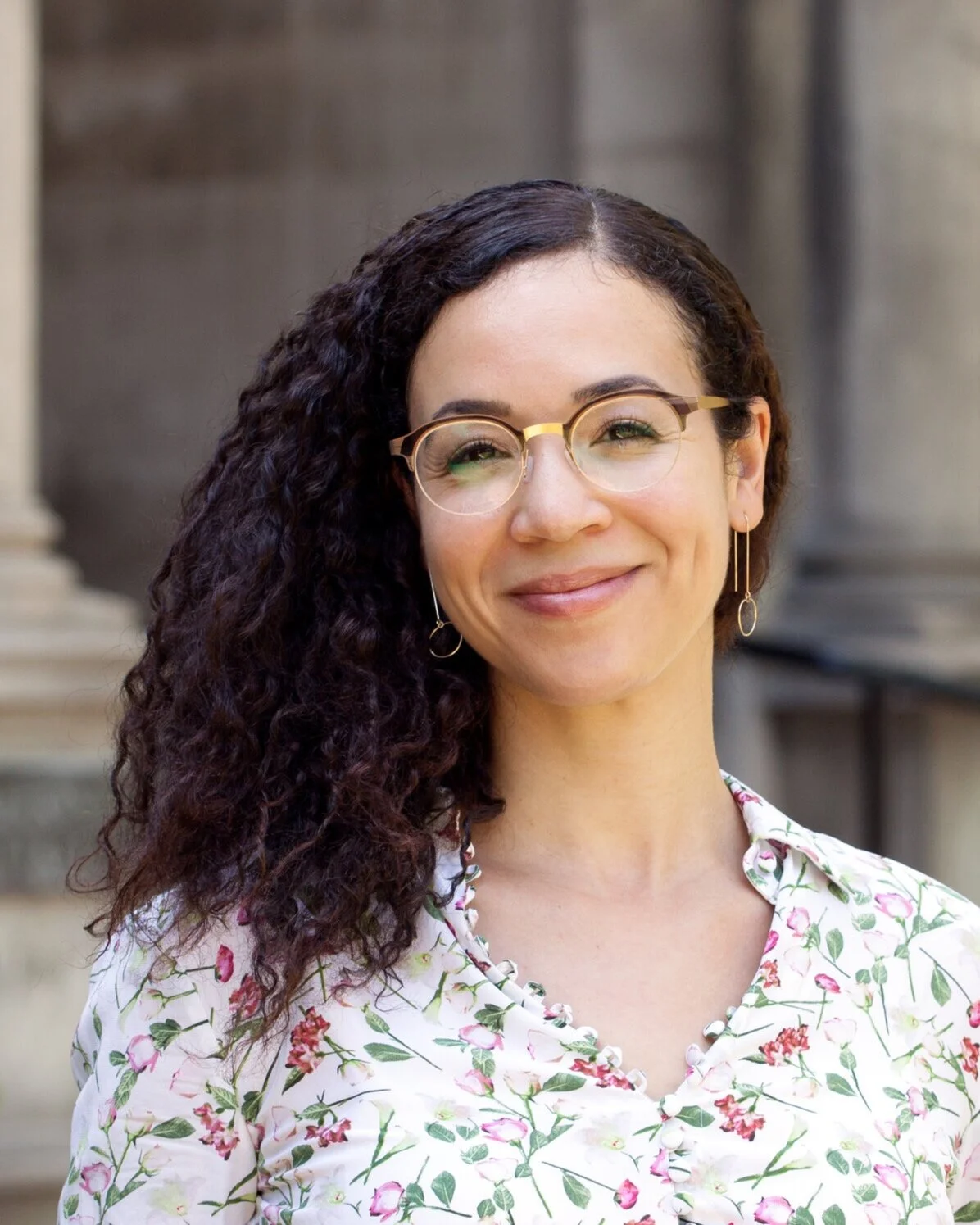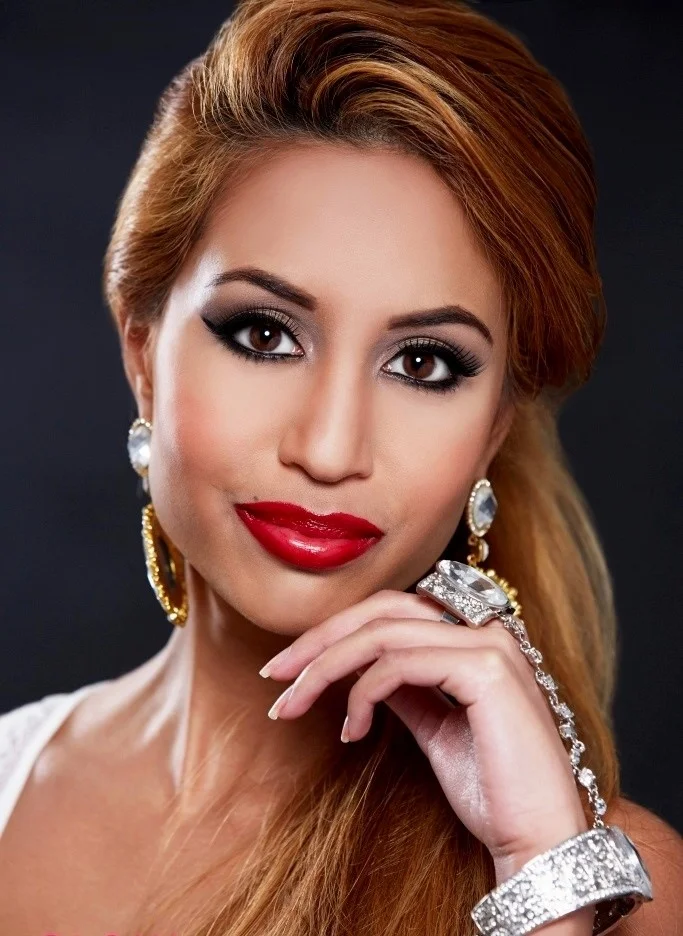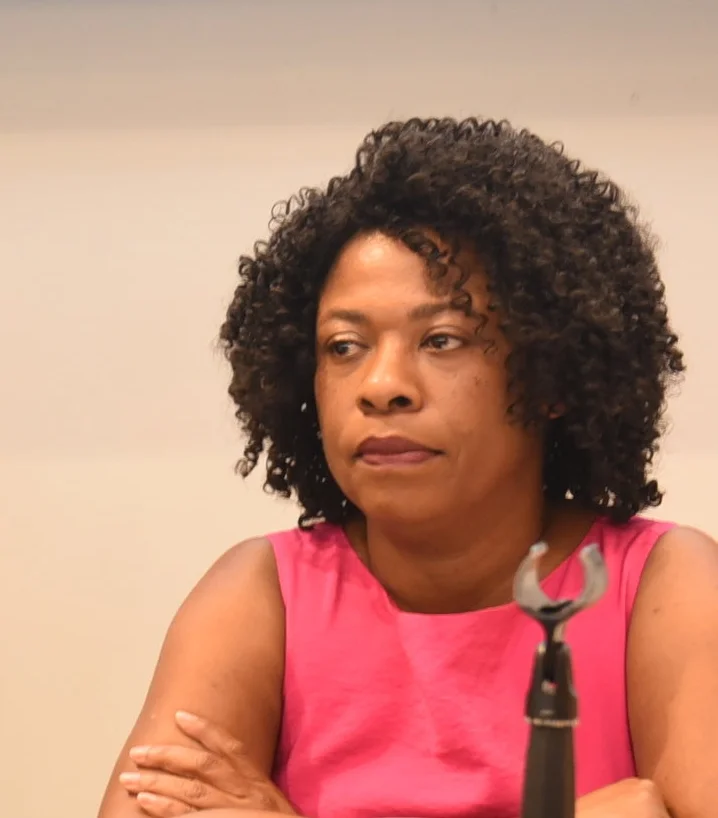Trudeau scholar interest is in climate change law
September 13, 2017
A hairstylist, astronaut, chef and psychologist.
Those were Sarah Mason-Case’s childhood career aspirations until her father – Assistant Deputy Minister Patrick Case – convinced her to pursue law.
“Social justice was the core value that brought my family together,” she said. “My father saw law as an instrument for social justice and he convinced me at an early stage in my life that, from a strategic point of view, going to law school would be a good way to advance social justice. At first, I was hesitant because law is also responsible in many ways for constraints that hold people down in society. My dad told me that I need to understand the way things work to be able to change them for the better.”
Mason-Case took her dad’s advice and it has paid off.
The doctoral candidate is a 2017 Pierre Elliott Trudeau Foundation Scholar.
The three-year doctoral scholarship provides recipients with an opportunity to work in an engaged and inspiring community of fellows, mentors and other scholars who support their professional growth.
Her research examines what the process of lawmaking to control climate change entails at international, domestic and transnational levels of governance. Focussing on the plurality of legal practices in global relations, her work analyzes the social interactions of diverse state and non-state actors that generate, diffuse and institutionalize climate law in communities of practice.
“The work that I do in my doctoral research is to consider climate change law which is a new area of law that’s emerging,” said Mason-Case who is in the University of Toronto’s doctor of juridical science program. “It is not a supposedly cohesive discipline such as contract law. It sprawls across different sectors and calls into question issues of equality and disparities across countries, and within communities in countries, that may be particularly vulnerable to the effects of climate change.
“That research falls very well within the Trudeau Foundation mandate which is to advance research for effective policy-making around issues such as human rights, pluralism, citizenship, environmental sustainability and so on. I think that the subject matter of my research fits well within what the Trudeau Foundation community does. It is a supportive community for me in terms of advancing my research. But, beyond the specific topic of my doctoral program, the Trudeau community is a supportive collective of people who have similar values around human rights and equality in Canada and multiculturalism from a pluralist perspective.”
‘Commoning the International Law: Nature and the Making of International Climate Change Law’ is Mason-Case’s thesis title.
She noted that climate change is a global and inevitable challenge that affects people differently.
“It is a common problem and common responsibility that has to be addressed,” Mason-Case said. “But the diversity in causes and effects of climate change gives rise to friction and contestation. We can see that in Canada among different peoples and institutions, for example between Indigenous peoples and the federal government, or the provinces who each seek to influence climate change policy. We also know that local communities suffer, who are poor, marginalized and vulnerable to the effects of climate change. This was seen recently with Hurricane Harvey and the major storms in the Caribbean.
“My doctoral research looks at diversity of perspectives around climate change, focussing on how racialized peoples of the Third World — the Caribbean, Africa, Asia and the Pacific — formulated their own ideas about how the law should address climate change, where tensions between their agendas and the North arose, and the possibilities for co-operation. My focus is on international law. It’s about how everyday people, working within government and organizations, feed into the elaboration of law at the international level from the bottom up.”
Mason-Case, who has taught climate law and governance at Osgoode Hall Law School for the past three years, said higher levels of education are needed to increase people’s understanding of climate change.
“There isn’t enough education on climate science,” she said. “Without that foundation among regular people, it is understandable in a way that people might not feel completely confident because a foundation of knowledge isn’t provided through educational systems. There also needs to be an acknowledgment of where the areas of uncertainty actually are in climate science because it is not perfect. It is very difficult to predict different weather patterns or to focus on a specific area of the world and know what is going to happen in 50 or 100 years in that particular geographic region.”
The holder of an undergraduate degree in Comparative Religions & Philosophy and a Master of Laws from McGill University and a law degree from Osgoode Hall Law School, Mason-Case was a visiting Art History & Philosophy student in 2002-3 at Paris-Sorbonne University.
“I studied Art History because of my interest in the world of aesthetics and in how that could provide knowledge and also a sense of contentment in people’s lives,” the former Law Society of Upper Canada equity advisory group member said. “At that point, I wasn’t anticipating going into law.”
After graduating with her law degree a decade ago, she was a judicial law clerk, an associate lawyer, a project officer & legal specialist at the International Development Law Organization, a program co-ordinator at the Centre for International Sustainable Development Law and a research lawyer at the Law Commission of Ontario (LAO) where she managed projects to improve access to justice in the areas of health and social care.
Sarah Mason-Case
Mason-Case is the niece of the late Fred Case who played a leading role in the launch of the African and Caribbean Studies programs at the University of Toronto’s New College where he was the principal for five years.
Among the first batch of Black university professors in Ontario in the 1960s, Case also chaired the U of T French department, lectured widely in several countries, published numerous articles in journals on issues of race and on the social and historical contexts of racism in Canada and authored ‘Racism and National Consciousness’ and ‘The Crisis of Identity: Studies in the Guadeloupean and Martiniquan Novel’.
“I grew up around my uncle and what stood out for me was his storytelling and the ways in which he wove together reality, magic and illusion in all of his life experiences,” she said. “He would tell us about his travels around the world when he worked in different universities and met people there. He was a storyteller and we loved him for that. It was both playful and serious. Moreover, both he and my father showed me how important academic pursuits are in addressing inequalities.”
The World Commission on Environmental Law member plans to complete her doctorate in 2020 and work as a full-time professor.
“I love teaching,” she added. “Also, working in a university provides you with a platform to work in other capacities. Professors are often called upon to advise governments and sit on commissions that review legislation. That is the kind of extra-teaching work that I would value doing as a professor.”
Established in 2003, the Pierre Trudeau Fellowships encourage original initiatives and innovative projects that wouldn’t necessarily receive support through traditional funding mechanisms.
Nominated by their peers and selected by an independent panel, the fellows come from all disciplines of the humanities and human sciences and their research deals with one or more of the Trudeau Foundation’s four key themes -- human rights and dignity, responsible citizenship, Canada in the World and people and their natural environment -- that reflect central questions in Trudeau’s life and work.
“I am incredibly honoured to be part of the Trudeau Foundation community,” said Mason-Case.
In addition to receiving $180,000 over the next three years, the fellows will enjoy unique access to the rich intellectual network of researchers and practitioners who have joined the Trudeau Foundation in the last 14 years.
They include 2005 fellow Dr. George Elliott Clarke who is Canada’s parliamentary poet laureate.
The foundation has awarded 217 scholarships for an investment of almost $24 million in Canada’s intellectual leadership.







